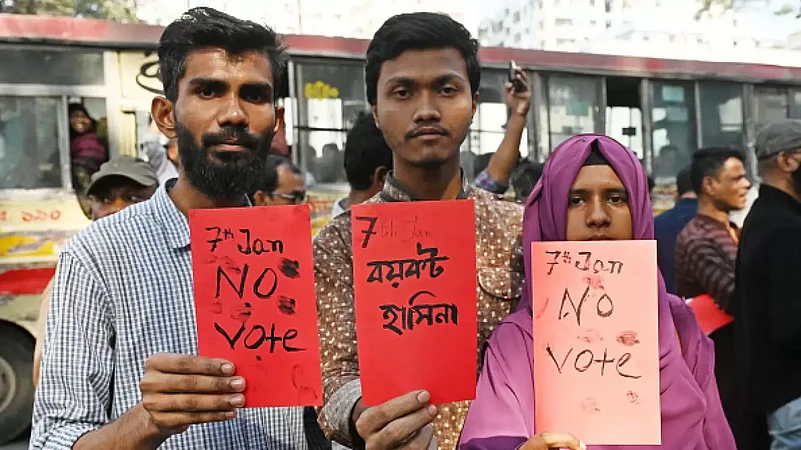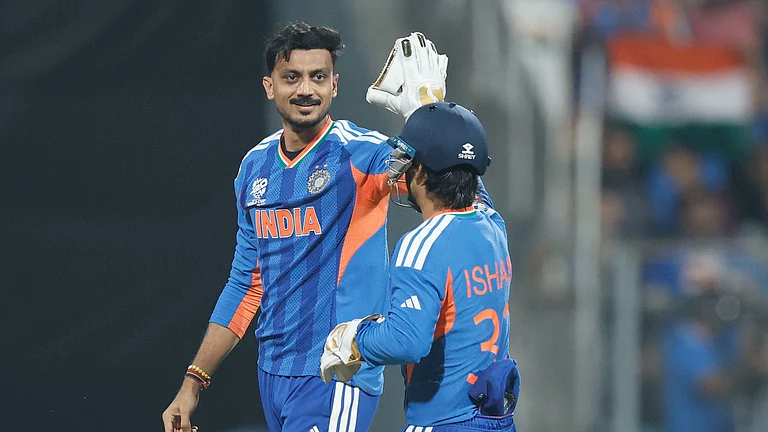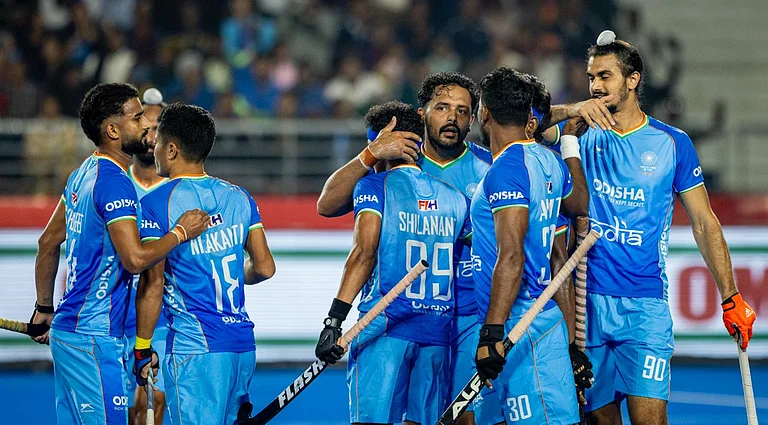Bangladesh heads for national elections this Sunday, but the polls are not a celebration of democracy with critics of the Sheikh Hasina government dubbing it a farce. Cynics have declared the ruling Awami League as the winners without a single vote being cast. There is reason for cynicism. Many of the top opposition leaders are in jail or have fled the country. Critics say the political leaders and activists were slapped with false charges and in many cases, expedited trials were held to convict the accused and keep them out of the race. Sheikh Hasina while presiding over a booming economy, has grown increasingly authoritarian and intolerant of criticism.
The country’s main opposition, the Bangladesh Nationalist Party (BNP) has refused to take part in the election without a caretaker government ensuring a level playing field for all contestants. The BNP had also boycotted the 2014 polls on similar grounds and allowed the Awami League a clean sweep. The BNP's decision to boycott the polls is aimed at de-legitimising the government. But its decision to stay out in 2014, had not paid dividends.
The Awami League won most of the seats and despite murmurs in some quarters, Sheikh Hasina’s mandate was not questioned. Realising their mistake, the BNP took part in the 2018 elections. The Awami League and its allies won with a landslide collecting 95 per cent of the seats. There was an allegation of extensive rigging and intimidation of opposition voters. Since then the BNP and its allies have vowed not to participate in elections without a neutral administration in place.
The BNP began a series of massive protests late last year calling for Sheikh Hasina to step down and hand over the reins to a caretaker setup before the 2024 election. The protests escalated into nationwide strikes and transportation blockades and were sometimes also violent. This allowed the government to crack down on the opposition. Mass arrests and jailing of more than 20,000 opposition members followed.
Speedy trials followed the arrests. According to the local press on December 11, at least 42 BNP members and those of its allies like the Jamaat-e-Islami—were convicted in four cases. Between August and December, 961 opposition leaders and activists were allegedly sentenced to imprisonment in 62 cases in Dhaka. What makes these especially controversial is that convictions were apparently made without considering any independent witnesses or merely on the basis of police depositions.
The Sheikh Hasina government has turned a deaf ear to the demands of the opposition as well as that of the international community. The US and European nations have been urging Bangladesh to create a level playing field for all candidates. There was immense pressure on the government to step down to allow a neutral government to hold credible elections. India had backed Sheikh Hasina in 2014 and 2018 but has been less vocal about its support this time around, even as the US and other Western powers are calling out the ruling party. New Delhi is comfortable with the Awami League government and has silently sided with Sheikh Hasina.
With the BNP and several other parties refusing to participate, questions will be raised about its legitimacy. The Jamaat-e-Islami, an Islamic party that had opposed the Liberation War, was once a coalition partner in a BNP government led by Khaleda Zia. However, the Jamaat was banned from contesting ahead of the 2018 parliamentary elections.
The concept of a caretaker government to conduct the elections was first introduced in 1990, after the resignation of military dictator General Ershad, to help in the transition from dictatorship to democracy. The demand for a neutral government to oversee elections was made by both the Awami League and the BNP at that time. The 13th amendment to the Constitution in 1996, put in place the system of a neutral caretaker cabinet. But in 2011, Sheikh Hasina’s government did away with the caretaker provision.
The UN has also been urging the Awami League government to conduct a free and fair election. A UN release said that the Sheikh Hasina government must “abide by their human rights obligations and allow people to exercise their rights to freedom of peaceful assembly and freedom of opinion and expression.”
While Sheikh Hasina has come under attack from the opposition she has also managed the economy well. Under her, Bangladesh has graduated from the category of Least Developed Countries (LDCs), and is projected to become one of the 25 largest economies in the world by 2035. Bangladesh’s human development index is also excellent. It is one of the best performers in the Asia Pacific region, moving from an HDI of 0.397 in 1990, the fourth lowest in the region to an HDI of 0.661 in 2021. Life expectancy has risen to 72 years from 56, schooling has doubled from 5.8 to 12.4 and maternal mortality fell 70 per cent, according to the last UNDP report.
The challenges for the next government are many. The most important creating jobs for the youth. 30 per cent of the population are young and need jobs. “And finally, to make change happen, the UNDP report makes a call to improve governance, make policies more effective, strengthen accountability, transparency, and the rule of law,” the Daily Star, Bangladesh’s leading English newspaper says, quoting the report.



























